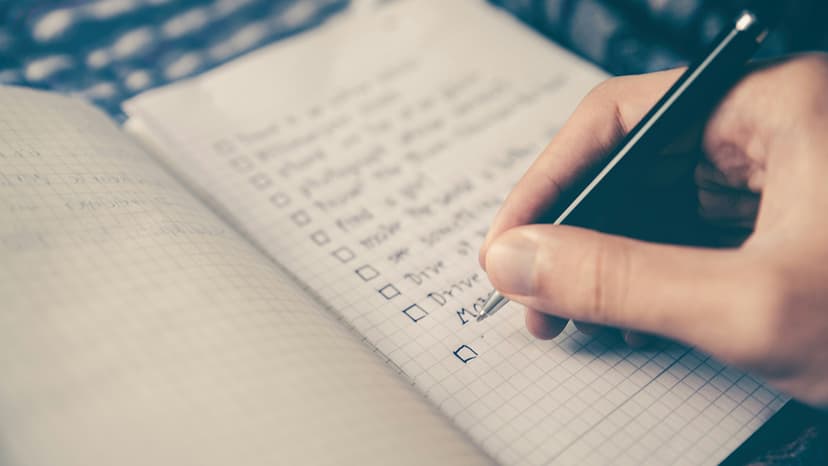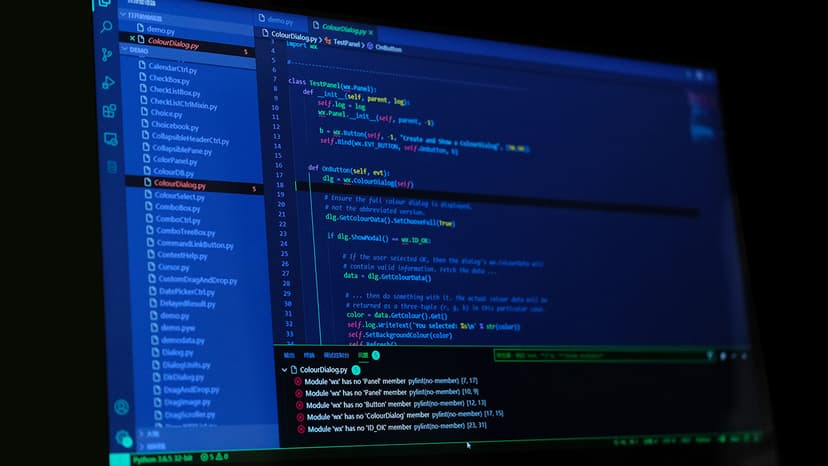How To Write A Formal Email?
Email has become a cornerstone of communication. An impeccably written formal email can set the tone for successful business interactions. Whether you are reaching out to a prospective employer, communicating with a client, or discussing important matters with colleagues, knowing how to craft a formal email is an essential skill.
Understanding the Anatomy of a Formal Email
First impressions matter, and in the case of an email, your subject line is the first thing the recipient sees. It should be concise and to the point, providing a clear indication of the email's content. Avoid vague or general subject lines that could cause your message to be overlooked.
Once your subject line is in place, you will begin with a polite greeting. If you know the recipient's name, use it alongside an appropriate title, such as "Dear Mr. Smith" or "Hello Dr. Johnson." In situations where you do not know the individual's name, a general greeting like "Dear Hiring Manager" or "To Whom It May Concern" is suitable.
Following the greeting is the body of the email, where you will present your message. It is important to keep the structure clear, using separate paragraphs for different points or questions. Below are several guidelines to keep in mind when composing the body:
Keep It Concise
Respect the recipient's time by sticking to the point. Lengthy emails can be overwhelming and might not be read fully. Ensure that you cover all necessary information, but do so succinctly.
Use a Professional Tone
The tone of your email should reflect professionalism. This is not the place for slang, emojis, or overly casual language. Instead, opt for a polite, respectful, and straightforward manner of writing.
Clarity is Key
Your message should be easy to understand. Avoid complex sentences or convoluted vocabulary that might confuse the reader. Being clear and using simple language ensures that your points are effectively communicated.
Check Your Grammar and Spelling
Nothing undermines your professionalism quite like typos or grammatical errors. Proofread your email multiple times to catch any mistakes, or use software like Grammarly to assist you.
After the body of your email, you will conclude with a closing remark that signifies you have finished your message. Phrases like "Best regards," "Sincerely," or "Thank you" are common and appropriately polite. This signifies to the reader that they have reached the end of your message and that it is their turn to respond if needed.
Following your closing phrase, include your full name and any additional contact information or titles you want to provide. Having a signature block with your professional details is useful, as it gives the recipient a clear indication of who you are and how to contact you.
Sample Formal Email
To put these tips into practice, consider the following example:
Html
Notice how the email is structured and incorporates all the guidelines we have discussed, resulting in a concise, clear, and professional message.
Additional Tips
- Always remember to add any relevant attachments before hitting "send."
- Include a professional email signature if you have one.
- Be sure you are sending the email to the correct recipient to maintain professionalism and confidentiality.
- Avoid sending emails when you are feeling emotional or reactive. Take the time to calm down and approach the situation with a clear mind.
- For sensitive or critical information, it may be wise to have a colleague review your email before sending.
More Examples
Job Application:
Html
Client Follow-Up:
Html
Writing an effective formal email is a skill that will benefit you in countless ways throughout your professional life. By adhering to these guidelines, you can ensure that your communication will be met with the respect and attention it deserves.












